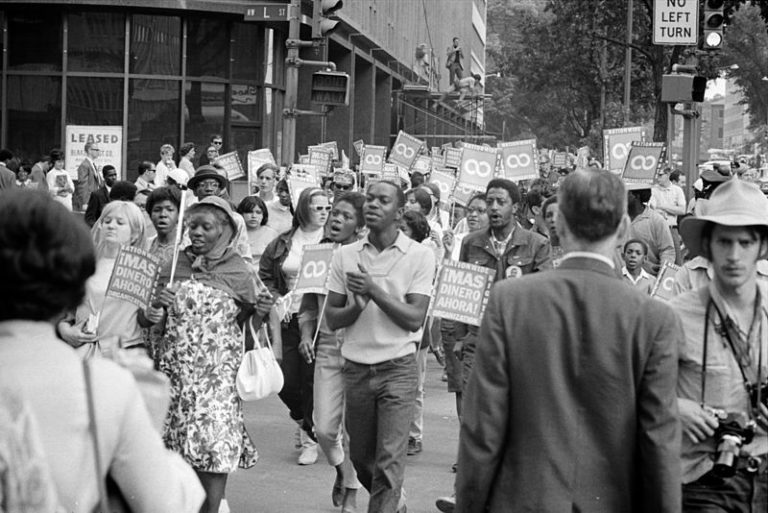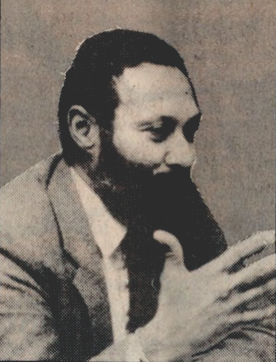In Culture and Tactics: Gramsci, Race, and the Politics of Practice, Robert Carley brings a wide array of theoretical and empirical study to make the claim that Antonio Gramsci was a critical race theorist, that Stuart Hall’s important theoretical contributions like articulation are necessarily Marxist to bring structure and agency, long “opposite ends” of the sociological spectrum together in dialectical terms, for one to build a foundation for his original theories. He does so too when uses Gramsci’s and his own work on race and ethnicity in early twentieth century Italy to bring light to the ideological aspects of today’s social movements of race and class. In doing so through his various methodologies, he introduces his theory of ideological contention to explain who social movement organizations organize their tactics and how those tactics influence how groups organize, or practice ideology. His theory of aporetic governmentality, built of the foundations of Michael Foucault and Eduardo Bonilla Silva elucidate the process of institutional racism and how is manifests at the cultural and individual level, bringing a much needed Marxist lens to the issues of race, class, and social movement theory. Carley succeeds in achieving an interdisciplinary work that encompasses the areas of research needed for scholarly work that not only analyze, but create innovate theories that add to the multiple fields of research.
Keyword: Stuart Hall
1968—A Turning Point in Cultural Studies
This essay traces how social movements throughout the globe in 1968 heavily influenced the development, operations, and identity of cultural studies. Thus, 1968 remains a critical turning point for cultural studies and its goals. To demonstrate this, global struggles contextualize the micro expressions of unrest at The University of Birmingham’s Centre for Contemporary Cultural Studies (CCCS). Secondly, the essay examines how the discipline negotiated studies of marginalized and subaltern cultures within this social context. And finally, an analysis of key texts of 1968 demonstrates how the sociopolitical moment produced work that is emblematic of cultural studies’ pursuits. Ultimately, the essay questions how our contemporary moment might necessitate new pursuits in scholarly praxis, like the moment of 1968 called forth new directions in cultural studies.
1988–The Crisis in Marxist Cultural Theory
1988 signaled a major year for cultural studies with the publication of several significant texts: The collection of essays Marxism and the Interpretation of Culture, edited by Cary Nelson and Lawrence Grossberg, the essay “Can the Subaltern Speak?” by Gayatri Spivak, and The Hard Road to Renewal, Stuart Hall’s book on Thatcherism. Despite these texts’ divergent purposes, themes, and theories, they can be productively read together for their unique contributions to Marxist cultural theory. In the decades preceding their publication, a resurgence in scholarship devoted to Marxism had emerged, as scholars grappled with both its internal issues as well as its increasingly apparent insufficiency to explain current social formations. As Grossberg and Nelson explain in the introduction to Marxism and the Interpretation of Culture, Marxism was “paradoxically at once undergoing a renaissance of activity and a crisis of definition.” In this essay, we elucidate how each text contributed to cultural studies and particularly highlight how each intervened on this redefinition of Marxism.
Introduction: Years in Cultural Studies
This special section is another iteration of cultural studies telling its own story. In our particular iteration, we offer here essays focused on specific years in the history of cultural studies. Our aim is to provide a pedagogical resource, a place for documentation and excavation, and a forum for more storytelling.
1983—Stuart Hall Visits Australia and North America
Throughout 1983 Cultural Studies continued to spread outside the United Kingdom, spurred by Stuart Hall’s tour of Australia and parts of the United States where he presented lectures connecting current ideas of what it means to study culture in often disparate and intense political climates across the globe. Myriad publications published in 1983 provide insight into how Cultural Studies circulated among scholars in varying disciplines while still in its infancy. This article situates Cultural Studies primarily within a North American context focusing on the pivotal event of the year: the teaching institute held prior to the 1983 conference at the University of Illinois where Hall delivered what would be eight influential lectures in the field of Cultural Studies. Further, I provide insight into an understudied conference held in Australia where Hall’s impact led to the birth of an Australian Cultural Studies journal. Finally, I provide an overview of some of the pivotal publications of the year, connecting ideas of hegemony, power and dominance, reflexivity and Marxism within a western context.




